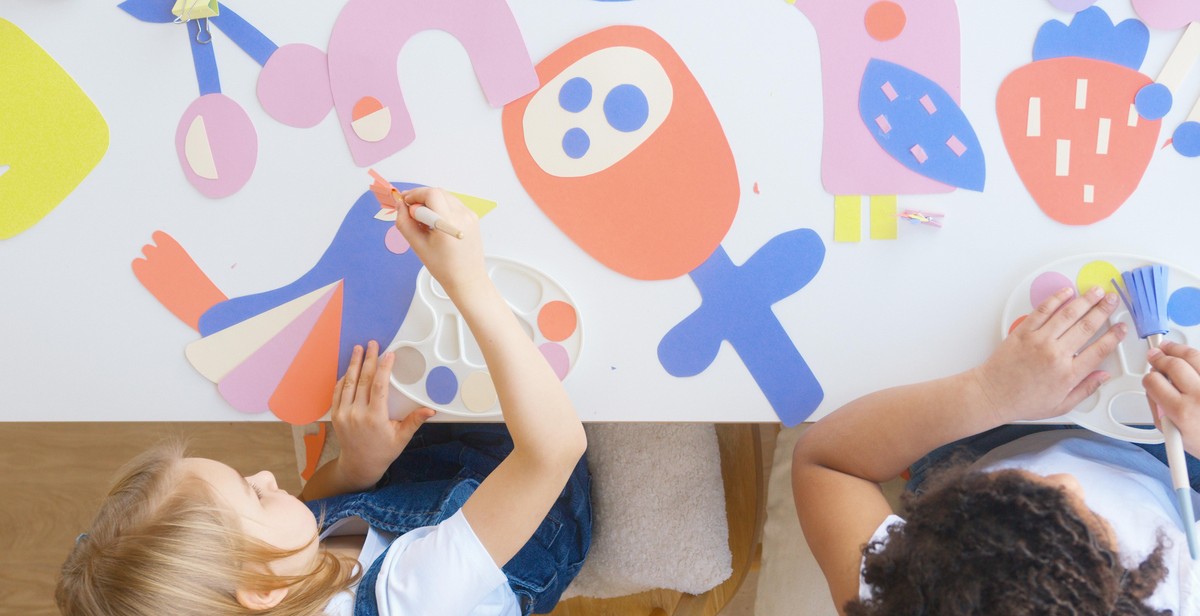The Impact of Childhood Experiences on Your Love Life
Love is a beautiful and complex emotion that can be influenced by various factors. One of the most significant factors that can shape our love lives is our childhood experiences. Our early relationships with parents, siblings, and caregivers can have a profound impact on our ability to form and maintain healthy romantic relationships as adults.
Childhood experiences can affect our attachment style, communication skills, and emotional regulation, which are all vital components of a successful relationship. For instance, if a child grows up in an environment where they do not receive enough love and attention from their parents, they may develop an insecure attachment style, which can make it challenging to trust and connect with their partner in adulthood.
Moreover, childhood trauma such as abuse, neglect, or abandonment can lead to emotional scars that can impact an individual’s ability to form healthy relationships. It can also increase the likelihood of developing mental health issues such as depression and anxiety, which can further hamper their love life.
In this article, we will delve deeper into the impact of childhood experiences on your love life. We will explore the different ways in which childhood experiences can affect your relationships and provide tips on how to overcome these challenges.

The Importance of Childhood Experiences
Childhood experiences play a crucial role in shaping our personality, behavior, and relationships. Our attachment styles and family dynamics during childhood lay the foundation for our emotional and social development, which in turn affects our love life.
Attachment Styles
Attachment theory suggests that our early experiences with caregivers shape our attachment styles, which determine how we relate to others in intimate relationships. There are four main attachment styles:
- Secure attachment: People with secure attachment styles had consistent and responsive caregiving during childhood, which allowed them to develop a sense of trust and security in relationships. They tend to have healthy and fulfilling relationships.
- Avoidant attachment: People with avoidant attachment styles had caregivers who were emotionally unavailable or rejecting. They learned to suppress their emotions and avoid intimacy in relationships. They may struggle with commitment and vulnerability.
- Ambivalent attachment: People with ambivalent attachment styles had inconsistent caregiving, sometimes receiving nurturing and sometimes neglectful or intrusive parenting. They may become clingy and anxious in relationships, fearing abandonment.
- Disorganized attachment: People with disorganized attachment styles had caregivers who were abusive or frightening, leading to confusion and fear in relationships. They may struggle with emotional regulation and trust.
Understanding your attachment style can help you recognize patterns in your love life and work towards healthier relationships.
Family Dynamics
Family dynamics during childhood also play a significant role in shaping our relationships. Dysfunctional family patterns such as neglect, abuse, or enmeshment can have lasting effects on our emotional and social development.
Children who grew up in neglectful or abusive environments may struggle with trust, intimacy, and emotional regulation in relationships. They may also repeat unhealthy relationship patterns they learned from their parents.
On the other hand, children who grew up in enmeshed families, where boundaries were blurred and individuality was discouraged, may struggle with autonomy and self-esteem in relationships. They may also have difficulty setting boundaries and asserting their needs.
Conclusion
Overall, childhood experiences have a significant impact on our love lives. Understanding our attachment styles and family dynamics can help us recognize patterns in our relationships and work towards healthier and more fulfilling connections with others.

How Childhood Experiences Affect Your Love Life
It is no secret that our childhood experiences have a significant impact on our adult lives, including our love lives. The way we were raised, the relationships we witnessed, and the experiences we had growing up can all shape our attitudes and behaviors in romantic relationships. Here are some ways that childhood experiences can affect your love life:
Trust Issues
Trust is a crucial component of any healthy relationship. However, if you experienced betrayal or abandonment in childhood, you may struggle with trust issues in your adult relationships. For example, if your parents divorced when you were young or if a caregiver was inconsistent in meeting your needs, you may struggle to trust your partner to be reliable and faithful. This can lead to jealousy, suspicion, and even sabotaging behaviors that can damage your relationship.
Communication Problems
Effective communication is key to a successful relationship, but childhood experiences can interfere with our ability to communicate effectively with our partners. For example, if you grew up in a household where conflict was avoided or ignored, you may struggle to express your needs and feelings in a healthy way. Alternatively, if you experienced verbal or emotional abuse, you may struggle to trust your partner enough to share your thoughts and feelings. This can lead to misunderstandings, arguments, and feelings of disconnection in your relationship.
Patterns of Behavior
Our childhood experiences can also influence the patterns of behavior we exhibit in our adult relationships. For example, if you grew up in a household where one parent was dominant and the other submissive, you may find yourself falling into similar roles in your own relationships. Alternatively, if you witnessed unhealthy relationship dynamics such as codependency or emotional manipulation, you may unknowingly replicate these patterns in your own relationships. These patterns can be difficult to break, but awareness and therapy can help you identify and change them.
Conclusion
Our childhood experiences can have a profound impact on our love lives, but they do not have to dictate our future. By becoming aware of how our past experiences are affecting our present relationships, we can work to overcome trust issues, communication problems, and unhealthy patterns of behavior. Seeking therapy or counseling can be a helpful step in this process, as it can provide a safe space to explore and heal from past wounds.

Healing from Childhood Trauma
Childhood trauma can have a significant impact on your love life. It can cause you to have trust issues, fear of intimacy, and difficulty forming healthy relationships. However, healing from childhood trauma is possible with the right tools and support.
Therapy
Therapy is one of the most effective ways to heal from childhood trauma. A therapist can help you identify and process the emotions and experiences that are holding you back. They can also teach you coping skills and techniques to manage your symptoms.
There are several types of therapy that can be helpful for childhood trauma, including cognitive-behavioral therapy (CBT), dialectical behavior therapy (DBT), and eye movement desensitization and reprocessing (EMDR).
Self-Care
Self-care is also an important part of healing from childhood trauma. Taking care of yourself physically, emotionally, and mentally can help you build resilience and cope with stress. This can include activities like exercise, meditation, journaling, and spending time in nature.
Self-care also involves setting boundaries and saying no to things that are not in your best interest. It can be challenging to prioritize yourself, but it is essential for healing from childhood trauma.
Conclusion
Healing from childhood trauma is a process that takes time and effort. However, with the right support and tools, it is possible to overcome the effects of childhood trauma and form healthy, loving relationships. Therapy and self-care are two essential components of this healing journey.
